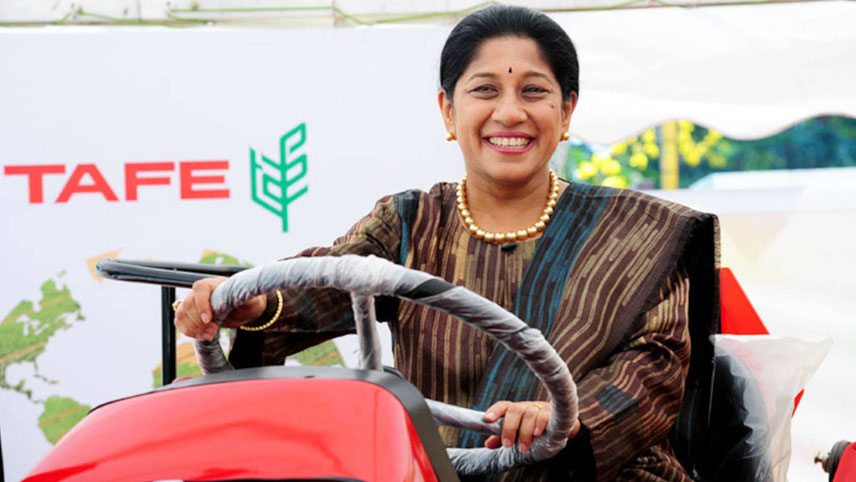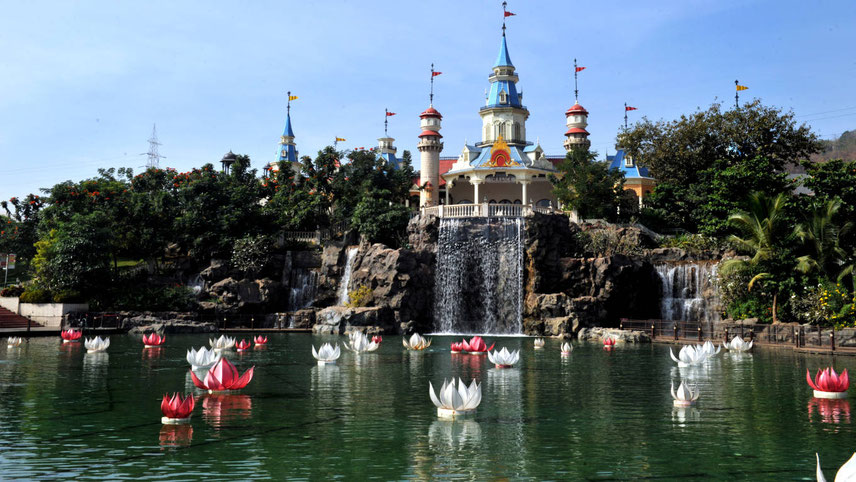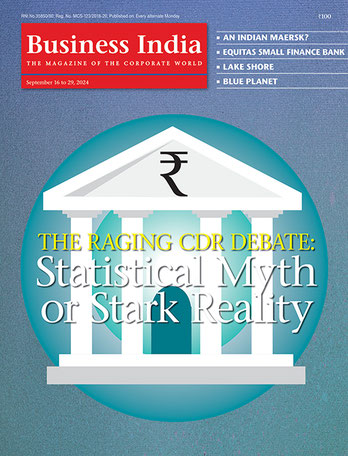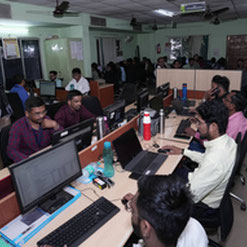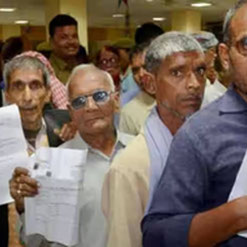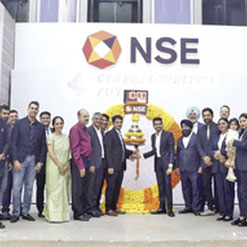Lemons were once considered a status symbol in ancient Rome, where they were used as a form of currency and displayed as luxury items in wealthy households. And, the lemon tree has long been considered a valuable luxury and a symbol of prosperity. Historically, in Rome, Egypt and China, only the most elite would decorate their homes and gardens with this vibrant plant as a means to display their wealth and success. Taking a cue from the ‘refreshingly different’ essence and characteristics of lemon, Patanjali Keswani, a former employee of IHCL (Taj Hotels), promoted Lemon Tree Hotels Limited (LTHL), a hospitality venture in India in 2002. And the country’s first 49-key Lemon Tree Hotel was opened in May 2004 in Udyog Vihar in Gurugram (then Gurgaon) in North India. “The name ‘Lemon Tree’ has an interesting story behind it,” explains Keswani. “I wanted to create a brand that was fresh, fun and spirited and whose brand essence lay in being ‘refreshingly different’. With this idea to start with, I selected more than 1,800 words and phrases of significance from the dictionary, and then pared the list down to 120 meaningful names. Over time, this list was further whittled down to 20 short-listed names, which were then discussed with friends and family. Lemon Tree, as a name, resonated the most with the brand essence and thus the brand was born”. ‘Listen to your heart and never fear failure’ is Keswani’s motto and, being passionate about his work, he believes in providing a stress-free environment to his employees to work in. “My vision for the company goes back to the 1990s, while I was an employee of IHCL (Taj Hotels) and realised that there were really no mid-market brands in the Indian hotel industry,” he adds. “Through an in-depth study, I found that structural issues, like high costs of land and debt were the biggest challenges to building such hotels, where the pricing and existing business models did not provide an adequate return on investment. Anticipating the enormous yet latent demand for mid-market and economy hotels in India, I ventured into the hospitality business.” The operational portfolio of LTHL is over 10,300 rooms across 110 hotels. The company opened nine hotels (500 rooms) in the current financial year and, by March 2025, 12 new hotels (900 rooms) are likely to open in Bihar, Gujarat, Andhra Pradesh, Uttar Pradesh, Haryana, Tamil Nadu, Rajasthan and Goa. Plans are afoot to open more hotels in Nepal and Bhutan too. LTHL also operates a hotel in Dubai near Jumeirah Open Beach and Sheikh Zayed Road. Embarking an ambitious journey “We have embarked on an ambitious journey, leveraging our asset-light strategy to increase our presence across geographies, with an aim to expand to over 20,000 hotel rooms within the next five years,” affirms Keswani. “This growth will primarily focus on managed and franchised properties, with a target of over 14,000 rooms in these categories, up from the current 4,500”. LTHL’s expansion strategy encompasses exploring partnerships to open hotels across destinations where Indians travel, within and outside the country. Within India, the company is already operating hotels in over 60 cities and exploring growth in major urban locations, and also tier II, III and IV cities. This strategic move allows the brand to tap into the growing demand for quality accommodation in underserved areas, thereby broadening its customer base and enhancing brand visibility. LTHL is focussed on forging partnerships in cities that show potential for growth.
-

Aurika is Lemon Tree’s vehicle to tap into the fast-growing upscale and upper upscale segment
















